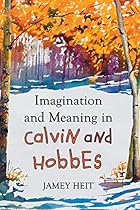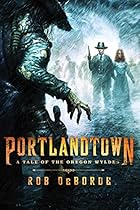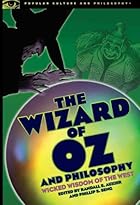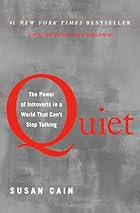This book is an analysis of the Calivin and Hobbes comic strip through the eyes of philosophy. In some ways it reminds me of the popular culture and philosophy series, but here the focus is on building a better understanding the comic rather than philosophy, philosophy is the tool for the understanding.
At first glance, the book does remind me of more traditional philosophy books. It has a smaller font, dense pages with few breaks, and a serious list of footnotes. On starting to read it the same impression continued, high information density and heavy at times. Sometimes it became difficult to follow, but the focus on the comic brought recurring themes of humor.
Difficult as it may have been, I never considered giving up. The book reveals a lot of information about the comics, calling on specific themes and even individual strips to support its arguments. While reading the book, I gained insights in to the strips, and a great desire to reread the series with my new understanding.
Watterson drew heavily on philosophers for his inspiration, from the very name of the strip and characters. The book discusses themes and how they relate to philosophy, from flying dinosaurs, Spaceman Spiff, Calvin as god of his snow creatures, and Hobbes appears real to the reader so long as an adult isn’t in the strip.
My two issues with the book is that I would have liked some comics included to help break up the book’s text, and having just finished it, I’m already having trouble remembering many portions of it due to its heavy content.
I do recommend the book for anyone who has enjoyed the comic and has any interest in philosophy. I’m going to reread the comics, and my try tacking the book for a second time, some day…









